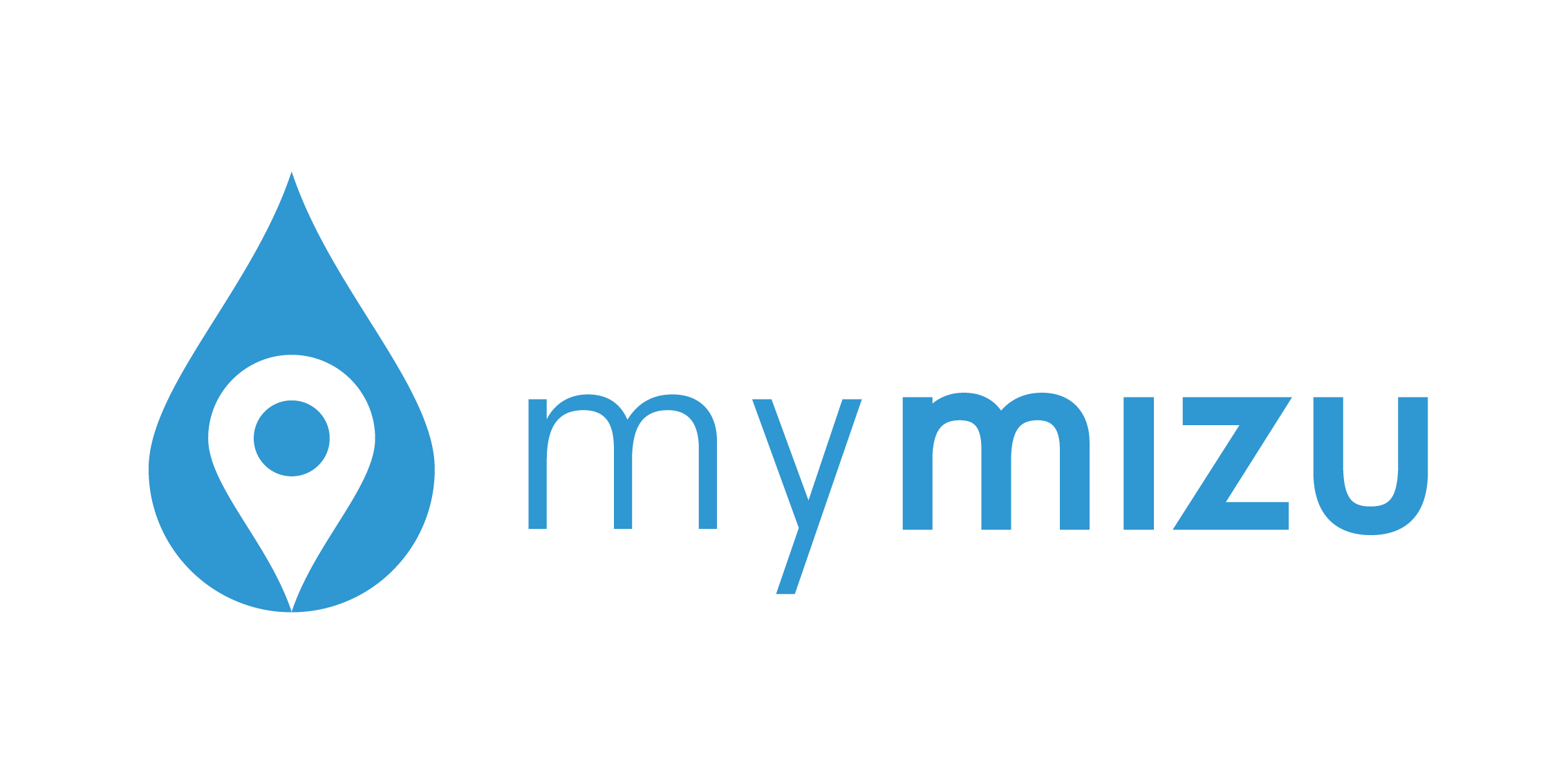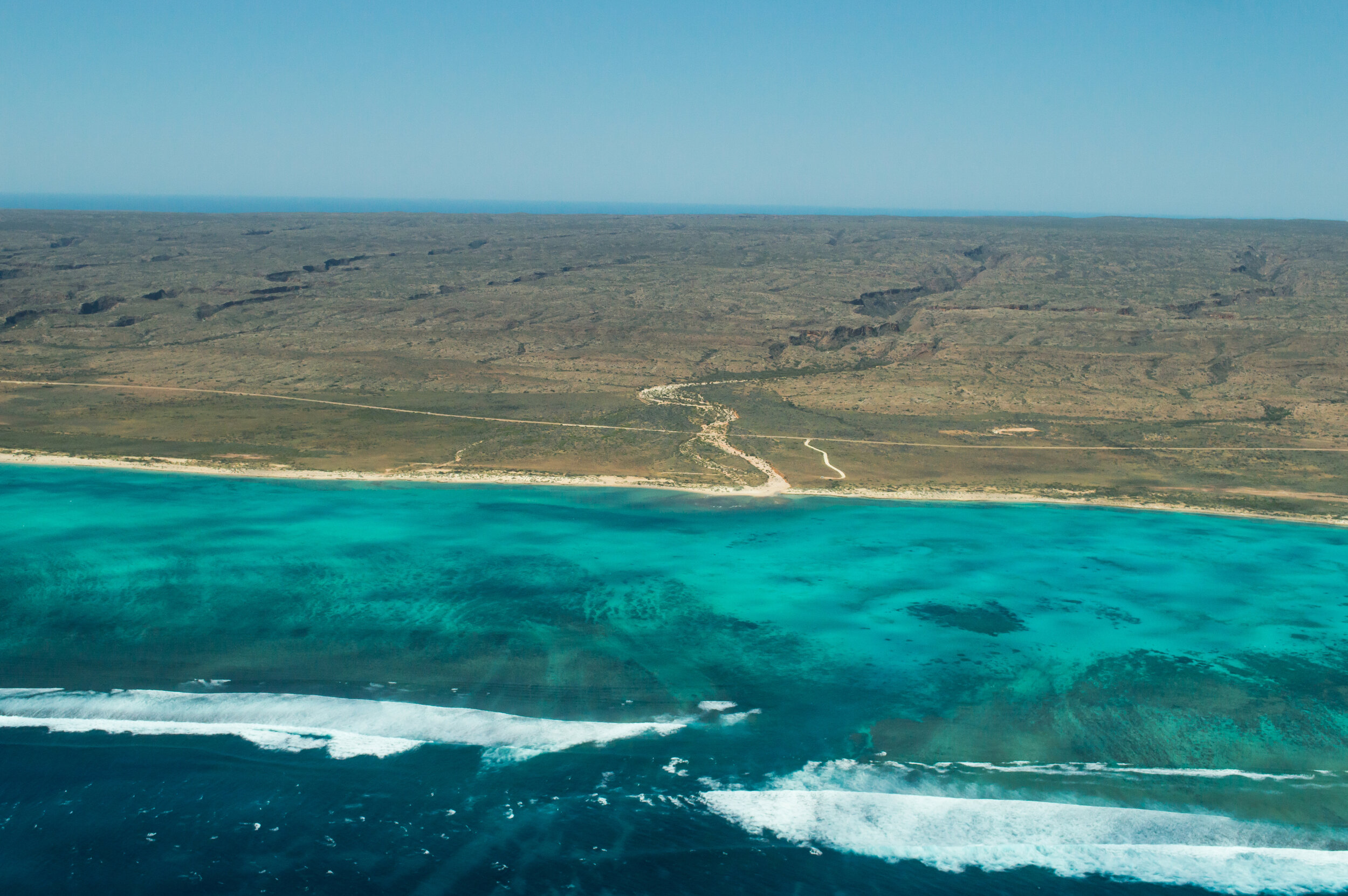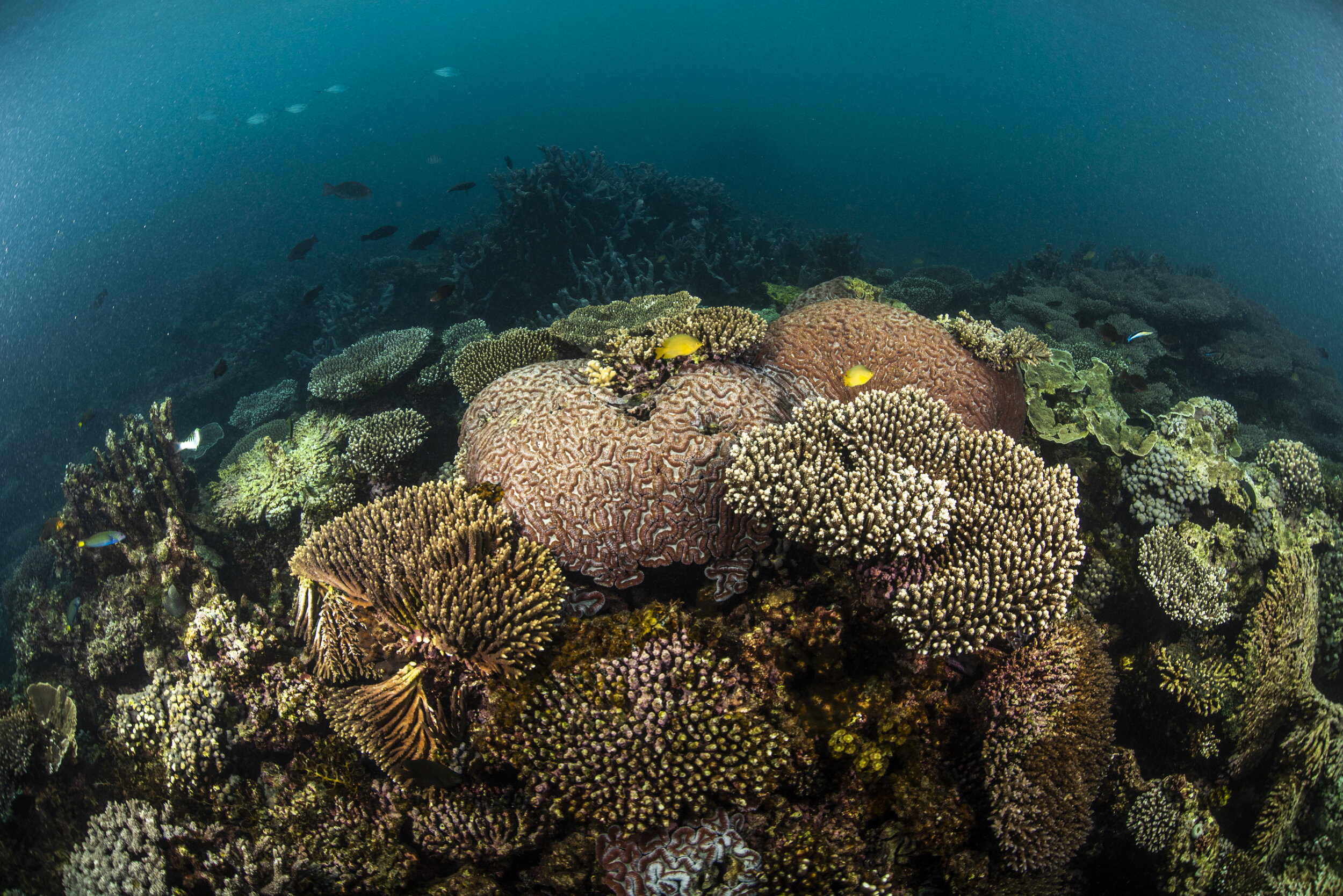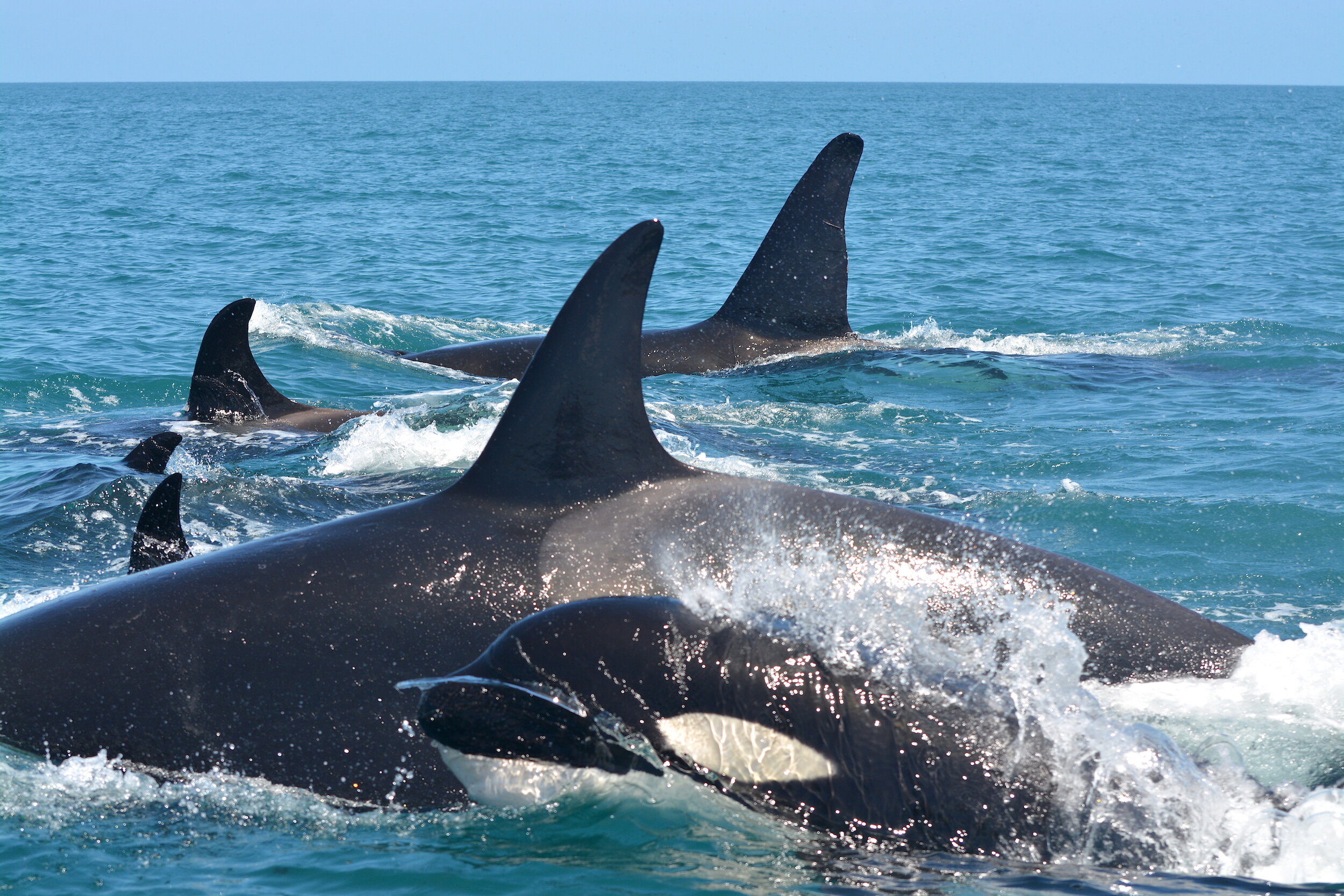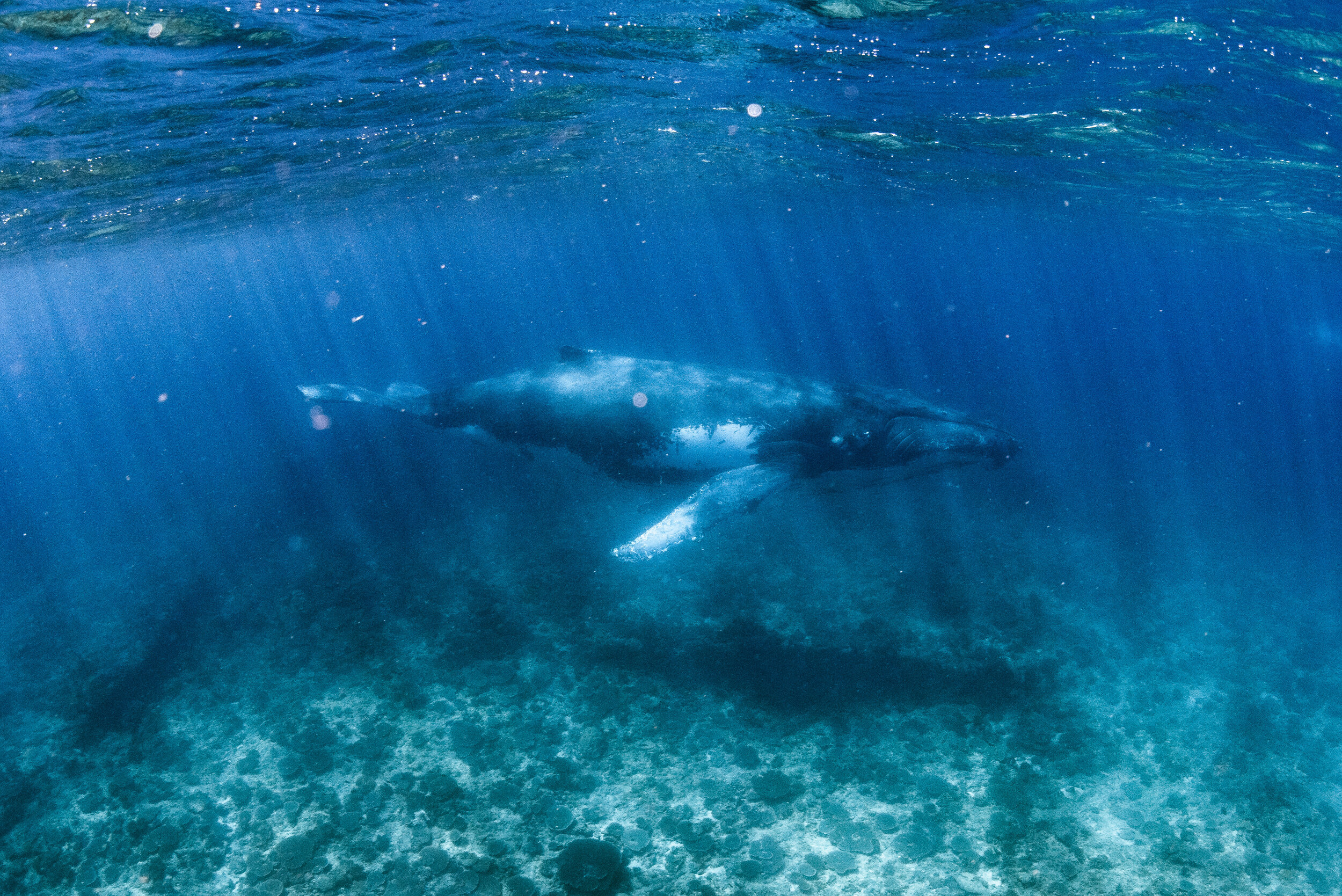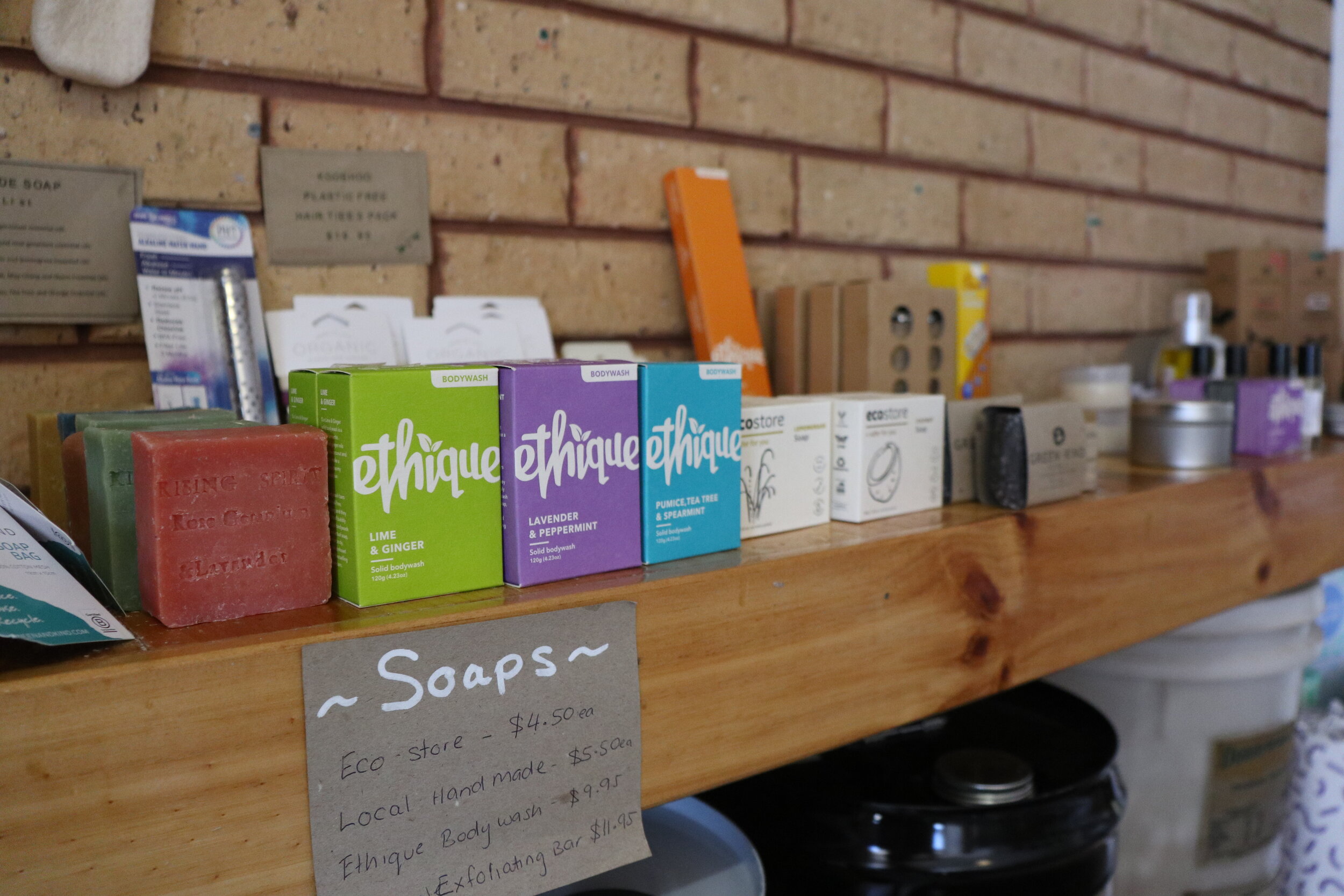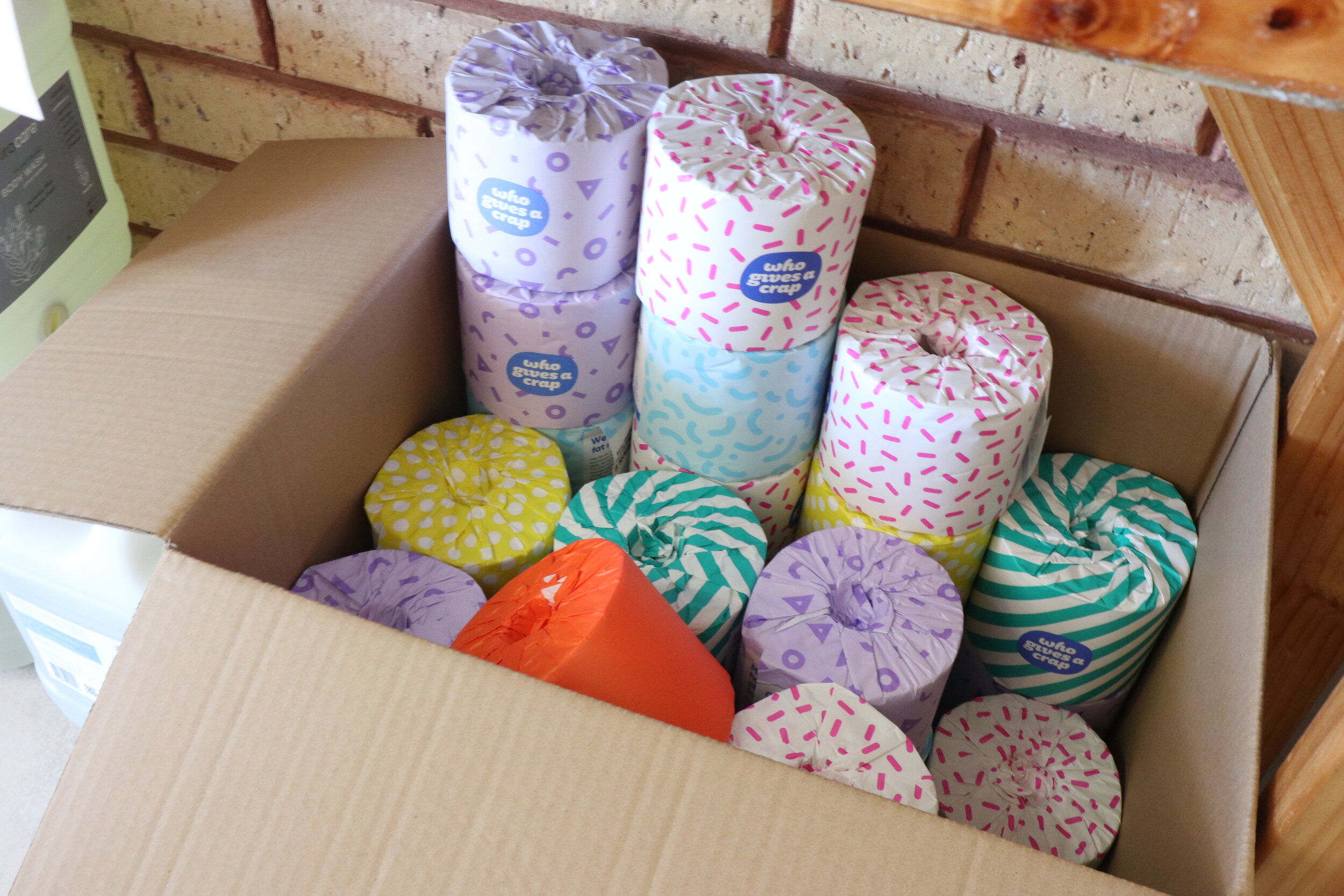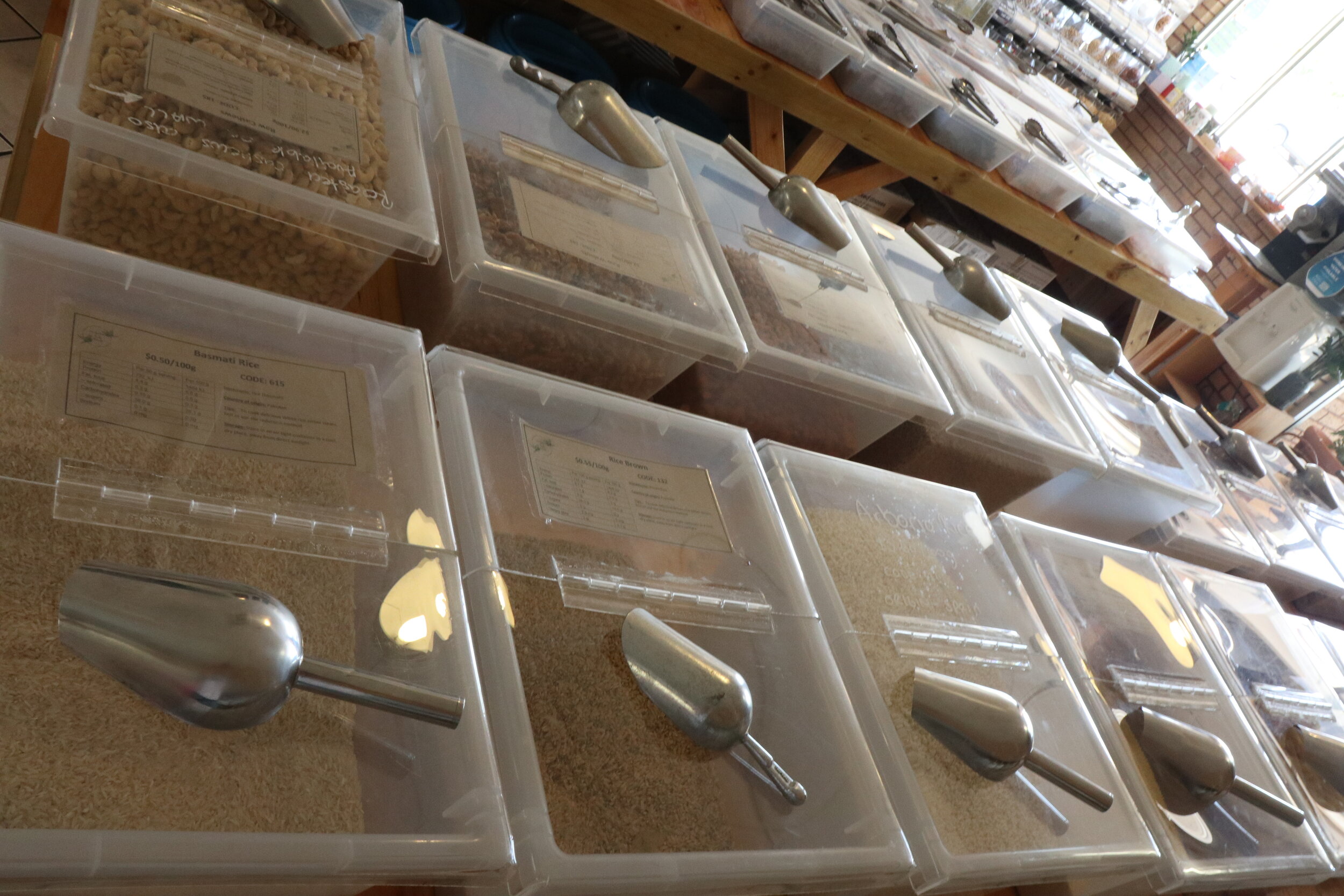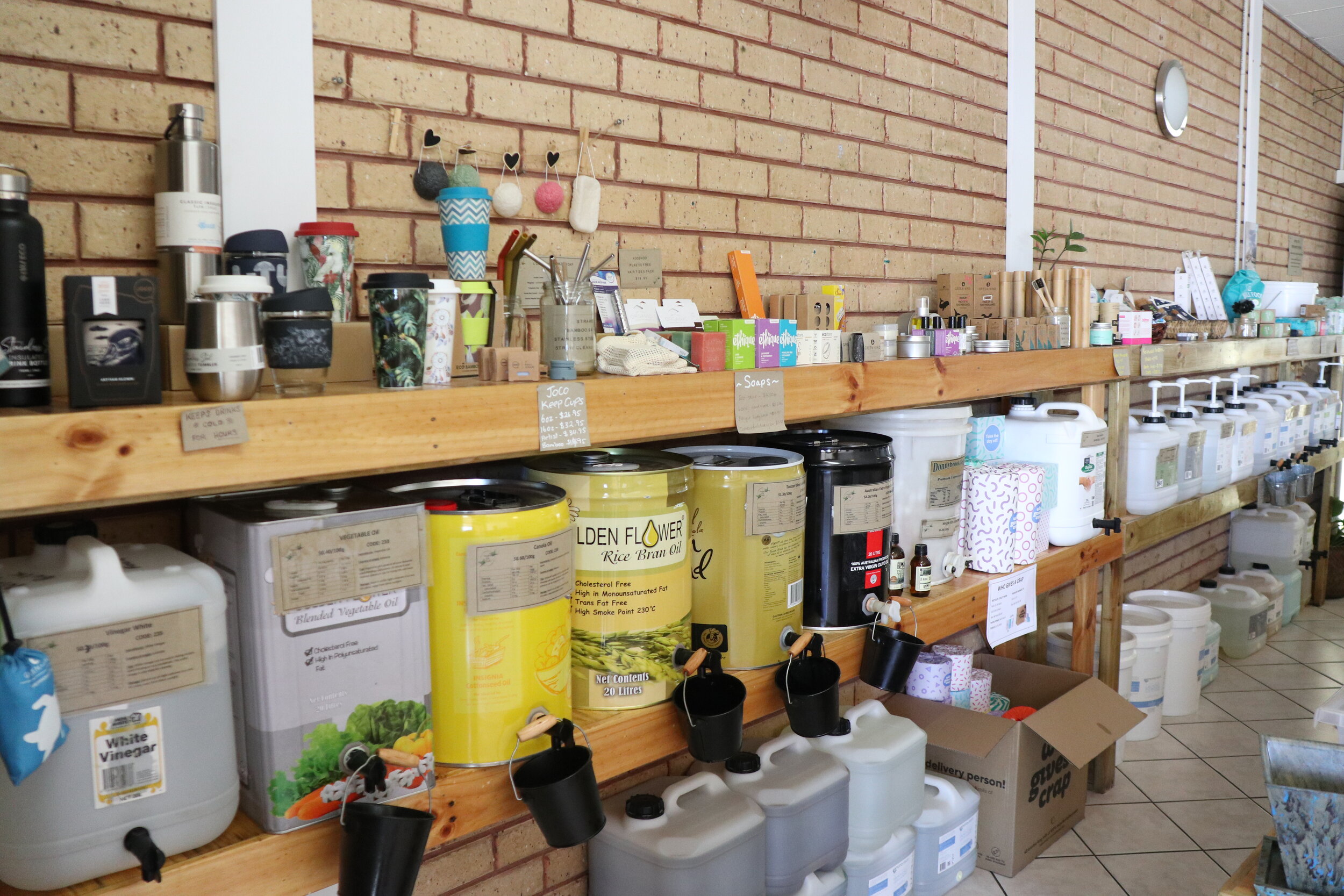Behind the Scenes of a Zero-Waste Bulk Shop in Australia
mymizu Blog Series "My Journey Towards Sustainability, with Kanae"
This blog series 'My Journey Towards Sustainability' is written by mymizu team member Kanae as she documents and shares her learnings on her journey towards a more sustainable lifestyle. Her goal is to make some of the challenges we face, and the actions we can take easy to understand and accessible to all!
Bulk food shops are slowly gaining more popularity in Japan but depending on where you are, it could still be a struggle to find one in your neighborhood. In Australia, however, bulk shops tend to be quite accessible as there are a few located in each city including my current home, Exmouth!
Exmouth is a small town with a population of about 2,500 north of Perth in Western Australia. Ningaloo Reef, the largest fringing reef in Australia, sits just a short drive from Exmouth town, making it the must-see destination for keen divers and snorkelers.
The Ningaloo Coast World Heritage Area is home to hundreds of incredible species of sea life including whale sharks, humpback whales, blue whales, killer whales, manta rays, sharks, dolphins and turtles!
This is me and the manta ray, Elle!
I recently had the opportunity to interview Jess Smith, the owner of Ningaloo Bulk Foods, the first wholly bulk foods store in Exmouth.
Ningaloo Bulk Foods gives people the opportunity to purchase items ranging from spices to pasta to shampoo to coffee – pretty much everything a household needs in the quantities they need by filling up reusable containers or compostable bags.
Now, let's ask Jess what it is like to run a zero waste bulk shop and her journey towards sustainability!
1. When did you first start living an ethical and eco-friendly lifestyle?
I have always cared about the environment from a young age. I studied marine biology and zoology at university and from 2008, I stopped eating seafood.
I was passionate about the health of our oceans and worked as a marine tour guide and researcher for 10 years, advocating ocean protection and shark awareness** and educating people about overfishing and other important topics. It wasn’t until 2016 that I realized that my dietary choices were also impacting the environment and that’s when I decided to give up eating meat and dairy as well.
In 2017, I became conscious of the devastating effects of plastics on the environment. After watching War on Waste – an Australian documentary series which focuses on the impact and solutions to material waste in Australia with my partner Gerard, I realized I needed to reduce my own consumption of single-use plastic. It was this pivotal moment that led us to change our daily habits and plastic consumption.
**In total, there have been 51 shark attacks documented so far in 2020 – 8 of which resulted in deaths. On the other hand, 100 million sharks are killed by humans every year for their fins, meat, internal organs and skin.
2. Why did you decide to start Ningaloo Bulk Foods?
We gradually started to change our plastic consumption habits in early 2017 by switching from body wash to soap bars, using bamboo toothbrushes and buying vegetables without plastic wrapping. However, after 6 months of swaps, we were still using a lot of plastic. We realised that there was no way to live in Exmouth and NOT buy plastic. Furthermore, we have no existing recycling facilities processes in Exmouth, so everything we buy ends up in our landfill, only a few kilometers away from the ocean.
I had also been working as a tour guide and researching manta rays in Exmouth and would regularly swim past plastic floating in the water and even in tide lines where the manta rays were feeding.
In addition, a large amount of plastic is thrown away from so-called ‘Eco’ boat tours in which everything from plastic-wrapped foods and treats, PET bottled beverages, and plastic bottles of dishwashing liquid and hand-washing detergent are thrown out every day.
All of these experiences, combined with meeting some super inspirational people guided me towards stepping away from tourism and starting a zero waste plastic free store in 2019. Our aim was to offer the community a chance to reduce their plastic use, and to raise awareness about plastic waste within the community and tourists visiting this amazing town.
3. Tell me about Ningaloo Bulk Foods’s mission and the products you offer.
Our mission was to start a store that was convenient and affordable, raise awareness regarding plastic waste and reduce the amount of plastic waste ending up in our landfill and on Ningaloo Reef.
We offer products to cover all our customer's entire home, having everything they need to reduce plastic waste in one store. From dry pantry goods, to snacks, oils, spices, cleaning products, reusable eco products and other alternatives to daily lifestyle products that are usually made out of plastic.
4. Did you have any experience as an entrepreneur prior to opening Ningaloo Bulk Foods? If not, what was the process of opening your own store like?
None at all, almost the opposite.
As a marine biologist, I have been drawn to the ocean and nature my whole life. Therefore, I always steered clear of working an office job. I honestly couldn't think of anything worse. But I was at a point in my life where I wanted to learn more and wanted a challenge.
With the idea of the business in mind, I started reading articles on how to start a business, made business plans, drew up expenses and running costs sheets, taught myself about tax and legislations all of which once sounded boring to me. But I really enjoyed the challenge and the process of learning new things as I knew I was opening the store for the right reasons.
5. What do you think was the key to success?
When we came to a standstill in our personal life to reduce and quit plastic (because everything available to us was wrapped in plastic), we thought to ourselves, “how do other people live with zero waste?”. That's when I read about bulk food stores like The Source Bulk Foods and The Wasteless Pantry. I have never lived by or rather, even heard of bulk food stores but the concept turned out to be pretty straight forward; buy in bulk, share and reduce plastic packaging.
Initially, our idea was to start as a small community co-op where we would do just this – buy, share and reduce. But as things progressed and the support around the project grew, we developed the idea of starting a store to make it convenient for everyone to shop zero waste.
To be honest, I think the key to success of the business was starting the store without focusing on whether this was going to make money or not. As long as people shopped with us, we have succeeded in reducing plastic – the money was just an extra.
6. What has been your proudest moment of running Ningaloo Bulk Foods?
Just how much the community has gotten behind the concept of the shop and how so many people and businesses have significantly reduced their plastic waste by choosing to shop in our store. I never imagined so many people would shop here!
7. What was the most challenging part of making Ningaloo Bulk Foods a reality?
One of the main challenges was finding a commercial property to operate from. Property is very hard to come by in Exmouth and not much was available 6 months prior to the store opening. We were very lucky that a space opened up at the right time.
In addition, just the normal challenges of starting any new small business. From learning how to run a business from scratch, financial restraints, uncertainties and to the general anxieties of not knowing if it will work or if any customers will shop here.
8. How did you get through the tough times?
Always remembering why we started the store in the first place and the unwavering fact that it is the right thing to do for the future of our environment. Even though I may not have a direct massive impact on solving global-scale problems, I can say that I consciously chose to do what was right for the future of the planet. Plus, lots of time spent surfing and snorkeling by the ocean helps me stay refreshed and reminds me that the ocean has given me so much that it deserves all the good I can do.
9. What is your favourite product in the store?
The ‘Loving Earth salted caramel chocolate’ – because I’m a sweet tooth!
10. Which product is the best-seller?
There's not really a winner but I would say it’s a close tie between the dried mango and chocolate covered raspberries.
11. Do you have any other products you want to add in your collection?
When we opened the store we had about half the product range we do now. We started with the basics and what we could afford and then slowly started to introduce new products over time.
The best addition was our peanut butter machine which we saved up for, for 5 months! We have since added fresh fruits, vegetables and lots of new products so it has gotten to the level where I'm pretty happy with.
With that being said, I’m always keeping my eyes open for new and interesting eco-products that are coming into the market. I hope to be able to stock a fully plastic-free toothbrush one day but it doesn’t seem to exist yet.
Next, Jess takes us on a tour of the store!
Because her husband is a plumber, everything from the walls to the kitchen, tables and racks were hand-made from scratch, using recycled wood. How cool is that!
I shop here every week, and what really helps me to reduce waste are these FREE JARS!
Ningaloo Bulk Foods is one of the only places where a circular system for containers has been established by the community. Most zero waste stores do not offer these containers for free.
So far, Jess has shown us around the front area of the store but today, she agreed to show us the back of the store too, which is usually not open to customers!
Here, I asked the final question that I was personally most interested in.
12. What kind of waste still exists behind-the-scenes, and how do you try to prevent or reduce it?
Most of our suppliers for our products are chosen because of their values and care for the environment, so most of the non-food products come in plastic-free packaging.
When I got my first delivery of dry foods, I was quite disheartened that lots of the products arrived in plastic bags that weighed around 10 to 25kg. This is due to large factories using plastic to distribute their products worldwide including packages with plastic liners. This is something we currently can’t avoid but we do take responsibility for this and any other waste that comes from our store.
All clear plastic waste is sent back with a freight company for recycling in Perth along with any waste cardboard. Coloured plastic is stored and then we take it down to Red-recycle in Perth every year.
For cleaning products, we specifically choose to buy from a company located in Perth, as they take back the 15L containers to be reused (even though this is at our expense).
Most food waste (e.g. food spills) are composted. So, the only items that are produced by the store and sent to our landfill are the few paper towels we use for cleaning.
With food, plastic packaging is necessary for health and safety reasons. You might think that if the package can be recycled, it’s not harmful to the environment. However, if you consider the carbon dioxide produced during the recycling process, you will realize that recycling is not really the ideal solution.
If the technology develops and manufacturers start producing biodegradable plastics that are larger in size and more resistant to water, a truly ‘zero waste’ shop could become a reality.
It is important to keep in mind that there are many bulk shops that produce large amounts of plastic waste behind the scenes even if it is touted as zero waste.
Through my interview with Jess, I felt it would be great if a store like Ningaloo Bulk Foods, which earnestly addresses the plastic waste issue and exists for the environment and the community, could become more of a common sight in Japan as well.
In order to achieve that, it is important for us consumers to shift our everyday consumption habits to more sustainable and eco-friendly ones and continue to communicate our needs to business owners so that we can create a broader change in the market.
For your reference, you can find a list of bulk shops in Japan on this blog article by Less Plastic Life (in Japanese). If you live in Tokyo, you might find this article from Timeout helpful too (in English).
That said, I know it's still difficult to find a bulk shop depending on where you live.
If that is the case, you can still avoid plastic-wrapped vegetables and fruits at a supermarket and swap plastic-packaged shampoo for solid shampoo bar just like Jess did at the beginning of her journey.
I also hope this interview was helpful for those who may be planning to open up a bulk shop in future! If you end up doing so – do let us know!
【Blogger Intro: Kanae Hasegawa】
As an ecofreak, I aspire to help others adopt a sustainable and healthy lifestyle - not only for the direct benefit of us as individuals but for the health of our environment. My journey towards sustainability started from her hometown Nagoya, Japan where I hosted monthly events such as street cleanup, vegan picnic, yoga, climate action lectures and more, bringing in over 350 participants from all age groups. I am also a core member of Fridays For Future Nagoya and have participated in Climate Reality Leadership Corps training in Tokyo hosted by Al Gore to cultivate a broad view of the climate crisis. By writing this blog (from the world’s largest island: Australia!), I hope to share my own learnings and document my own journey to help create a world in which sustainable and eco-friendly choices become the norm!
